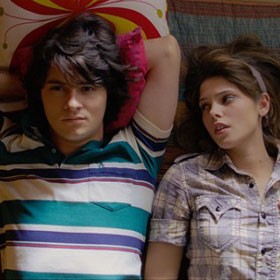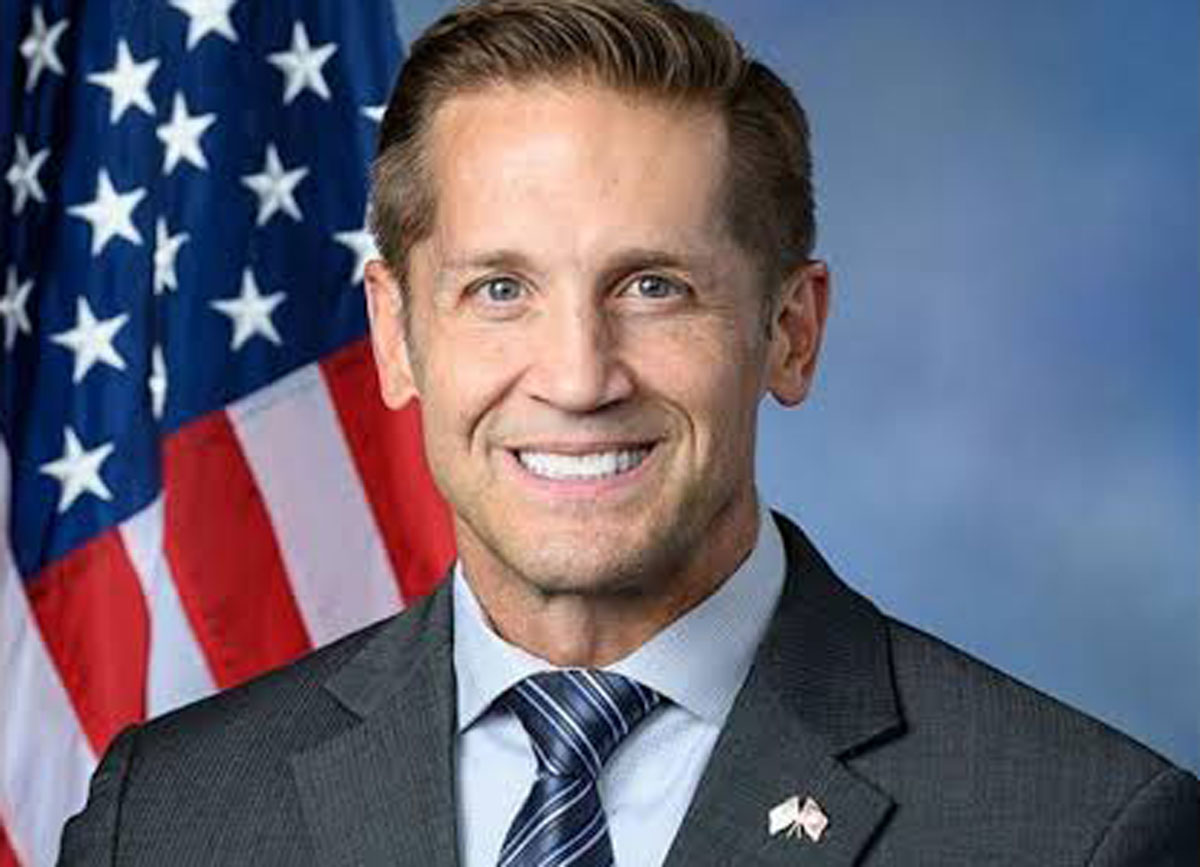Skateland

3.5/5
Written by Anthony Burns in his directorial debut, Skateland, a film that celebrates 1980s roller rink culture, fondly dedicates itself to the recently late John Hughes in an obvious attempt to align itself with the classic, contemporary coming-of-age genre to which Hughes devoted his career. Burns, while far from reaching the legendary status that Hughes secured with films like The Breakfast Club and Ferris Bueller’s Day Off, offers a respectable effort in a film that suffers more from greenness than lack of vision.
On the surface, Skateland has all the tiresome trappings of a clichéd, dime-a-dozen melodrama about teen angst that is made only more irritating by the embarrassing fact that we all went through some form of it. Dig a little deeper, however, and you’ll find genuine heart and a subtle style that lends the characters true-to-life vibrancy and brings the plot surprisingly close to home. Though some could call Burns’ vision an amateur echo of Hughes’, the newcomer’s attention to detail and occasional nod to absurdity indicate that he’s visiting a deeper level, even if he hasn’t yet paid enough dues to live there. In any case, these features make up for the film’s predictable plot and overacted dramatics.
Skateland, named after the roller rink that serves as the main hangout for the kids of a small East Texas town, follows the lives of a group of friends who are teetering on the edge of adulthood. Our protagonist, the smart, sensitive Ritchie Wheeler (Shiloh Fernandez), is a writer who has just graduated from high school but has no immediate aspirations, save doing small editorial jobs and managing the local skating rink, where he can keep an eye on his friends and remain in touch with the rhythm and pulse of the town, with which he has a complicated relationship.
Ritchie’s younger sister, Mary (Haley Ramm), has higher hopes for her brother and keeps encouraging him to go away to college, but Ritchie is too busy basking in the shadow of his own idol, the charming Brent Burkham (Heath Freeman), who escaped to the big city to become a motorcycle racer with a bright, but brief, career. Brent’s sister, Michelle (Ashley Greene), who is closer to protagonist Ritchie’s age, is the smartest and most forward-thinking of the bunch, and she finds herself falling for her writer friend, despite his lack of motivation and inexplicable obsession with the small town that stymies them all. Ritchie, like most 18-year-olds, couldn’t be more oblivious to her wily designs.
Of course, there are other age-appropriate obstacles facing our heroes. The town’s youth is terrorized by three greasy-haired, booze-loving, girlfriend-abusing hoodlums who conveniently carry a particular grudge against Ritchie’s friends. An oppressive feeling of doom escalates when the fast-living Brent returns home for a friendly visit and a healthy dose of harmless trouble. At the same time, Ritchie’s parents reassess their crumbling marriage, and Skateland’s owner announces his plans to sell the rink to the highest bidder. The town slowly folds in on itself before imploding entirely, leaving its young residents left to ponder where they belong, and why in the hell this thing called life is screwing with them.
It’s actually easy to miss the most impressive aspect of Burns’ storytelling, which is largely in the details he chooses to omit. You don’t notice why the story is unfolding so seamlessly – just that it is. There is nothing more frustrating than watching underdeveloped characters stiffly deliver unrealistic exposition because the writers can’t think of a better way to convey personality or background. Blessedly, with the exception of relatively few cringe-worthy lines that betray such lazy writing, Burns manages to avoid this disastrous strategy – a particular pitfall of adolescent “angsty” dramas – as if he realizes his plot is already too predictable to require painful belaboring.
This decision has two overarching effects. First, it helps the entire story flow more like life, where there are no weak narrative devices or conveniently situated acquaintances lurking behind every corner, ready to remind you how long you’ve worked at your job, lived in your town or dated your girlfriend. These are not factors that we neatly calculate, assess and weigh on a regular basis, and Burns refuses to take the easy way out by pretending otherwise. The age-old principle of “show, don’t tell” really sank in with this guy, and now we are all benefiting from it.
Second, Skateland’s unwillingness to give too much away also downplays the obsessive emphasis storytellers often place on background. Burns demonstrates that this is not only unnecessary, but a downright distraction if one is sufficiently adept at developing characters around the here and now. In any event, it indicates that energies are more valuably spent on the latter. Skateland doesn’t concern itself with how the characters got to where they are; it’s enough that they’re here at all, living the wide-eyed, impatient lives of burgeoning adults.
This all, in turn, ties in with Burns’ skillful treatment of the immediacy and overimportance of the post-adolescent years, when everything seems bigger – either better or badder – than it actually is. And while the evolution of the plot itself seems trite at times, the nuances in individual scenes are far from it. The film has an eerily resonant quality, which is indulgent as it is unnerving. Either way, it hits close to home. This could partly have to do with the brilliantly selected ‘80s soundtrack that just doesn’t quit, driving home classic dance numbers and corny power ballads with the kind of inexplicable confidence they boasted back in the day. There is something nostalgic about the score to anyone who lived through the ‘80s, and it’s all the more appropriate that the musical genre, too, always took itself too seriously.
Which brings us to the performances.
Movies that revolve around the topic of teenage angst often find themselves casting … well, angsty teenagers or actors just a hair’s breadth from it, which unfortunately rarely translates onscreen as authentically as one might think. Skateland is no exception. Neither Fernandez nor Greene are quite developed enough in their craft to flesh these characters out, though they are trying so hard it’s undeniably endearing. Fernandez brings just a streak of youthful naïveté to Ritchie, which makes it more forgivable that his lines often fail to flow organically. At times it sounds like he’s reading off a cue card. Greene is marginally more comfortable in front of the camera, as if she’s internalized some lessons about what not to do on the sets of all those Twilight movies. Melinda McGraw and Brett Cullen, who play the Wheelers’ parents, give heartfelt performances, but their characters are sometimes contradictory and poorly edited.
As a classic teen drama, Skateland is a far cry from The Breakfast Club. It is, however, a thoughtful and measured film that prizes subtlety and heart over heavy theatrics and contrived dialogue. Despite their occasional awkwardness, the actors add a dash of genuine tenderness to the script without diving overboard into the maudlin abyss. Skateland highlights a generation’s lost youth without making any lofty pronouncements about self-discovery or endless love, thereby allowing us to experience true nostalgia instead of some manufactured, generic, feel-good emotion other directors try to endlessly replicate. We see the characters’ lives from their perspectives, not our own disillusioned ones. Burns has the courage to tell his story without falling back on the tricks of the trade, and therefore saves his vision from becoming just another uninspired, genre-driven formula. At the end of the day, I think Hughes would be proud.
Starring: Shiloh Fernandez, Ashley Greene, Heath Freeman, Taylor Handley, A.J. Buckley
Director: Anthony Burns
Distributor: Freestyle Releasing
Runtime: 98 minutes
Rating: PG
RELATED ARTICLES
Get the most-revealing celebrity conversations with the uInterview podcast!





Leave a comment